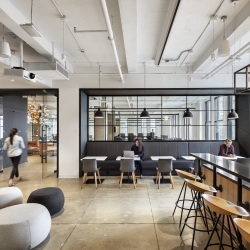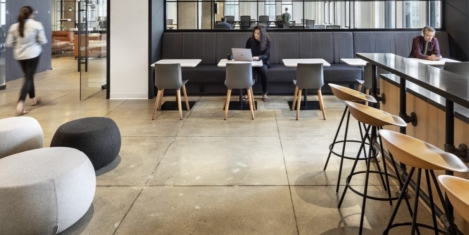November 8, 2022
Hybrid working driving demand for areas with easier commutes
 A report from Unispace claims that employees’ new preference for hybrid working has created an immediate need for firms to re-think their real estate footprint. Today, with over 60 percent of office-based employees preferring to work remotely or in a more flexible way, rather than commute to city centres five days a week, employers are considering the greater use or addition of satellite offices to their portfolio. According to the study of 3,000 office workers across Europe, 79 percent of the workforce would be happier to return to the office if it was just five to 10 minutes away from their home, suggesting that satellite offices could be a solution to boost collaboration, socialisation, engagement and staff retention. (more…)
A report from Unispace claims that employees’ new preference for hybrid working has created an immediate need for firms to re-think their real estate footprint. Today, with over 60 percent of office-based employees preferring to work remotely or in a more flexible way, rather than commute to city centres five days a week, employers are considering the greater use or addition of satellite offices to their portfolio. According to the study of 3,000 office workers across Europe, 79 percent of the workforce would be happier to return to the office if it was just five to 10 minutes away from their home, suggesting that satellite offices could be a solution to boost collaboration, socialisation, engagement and staff retention. (more…)





































October 20, 2022
The rotting one hit wonders of the workplace
by Mark Eltringham • Comment, Flexible working, Wellbeing